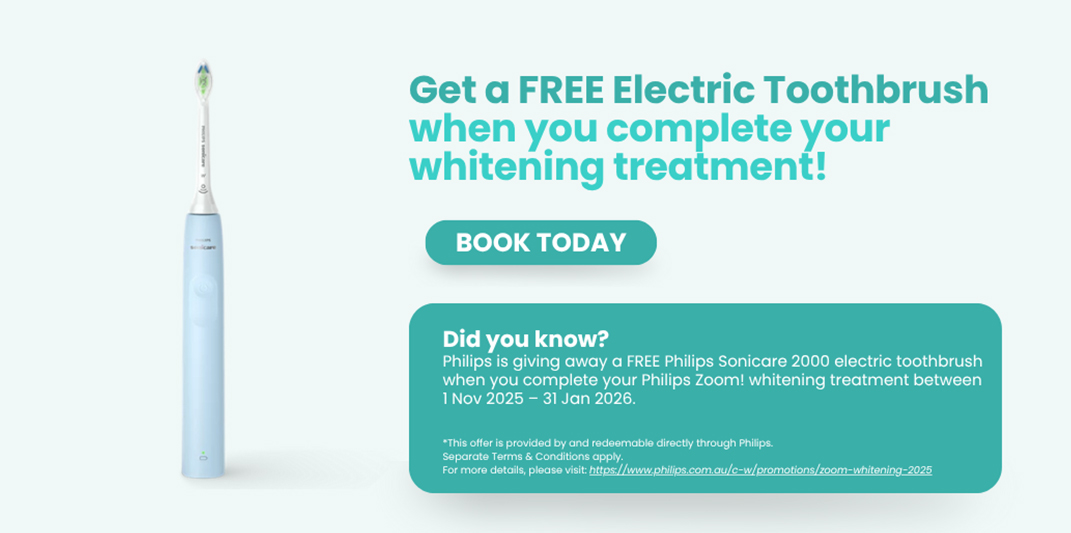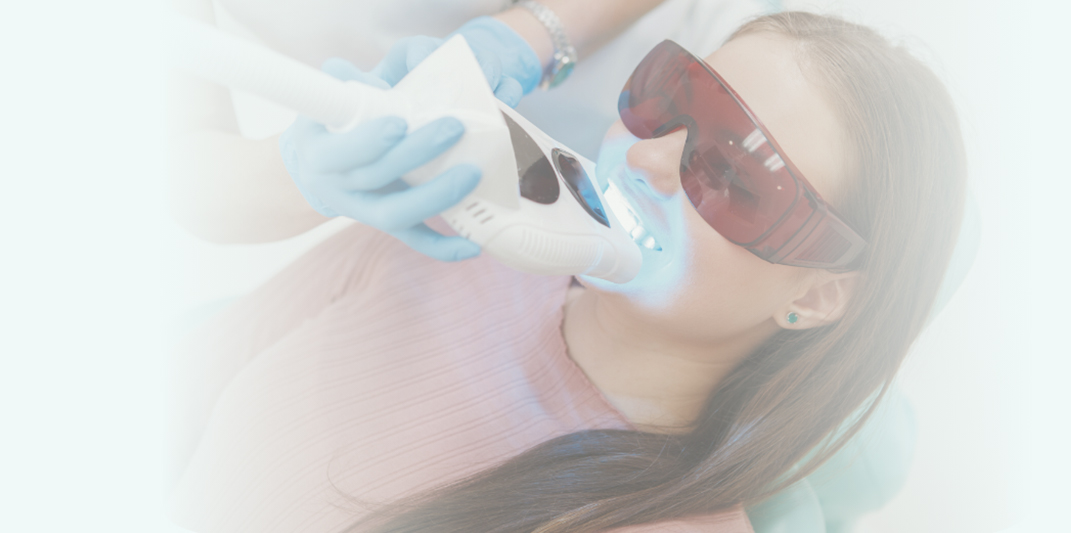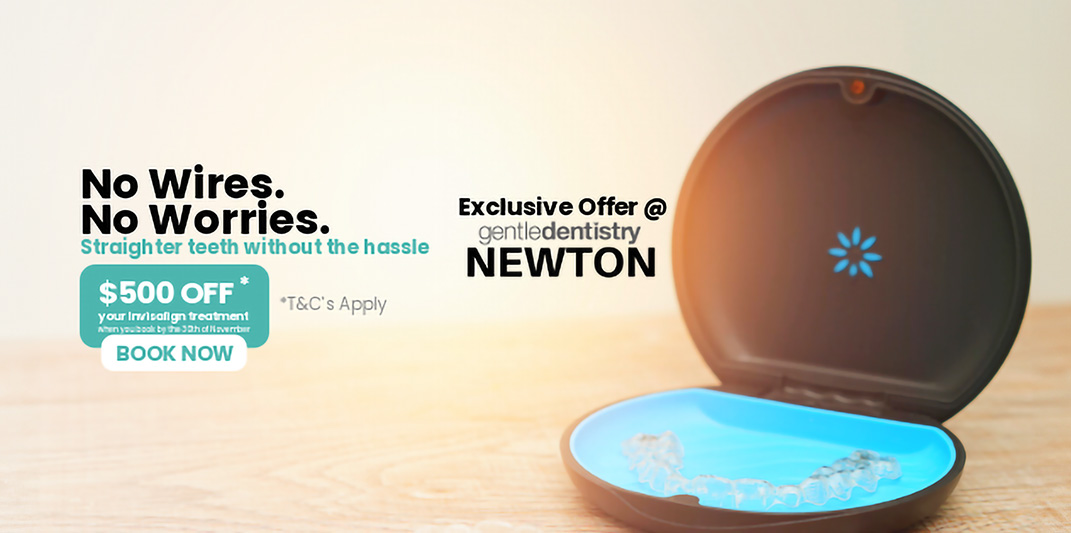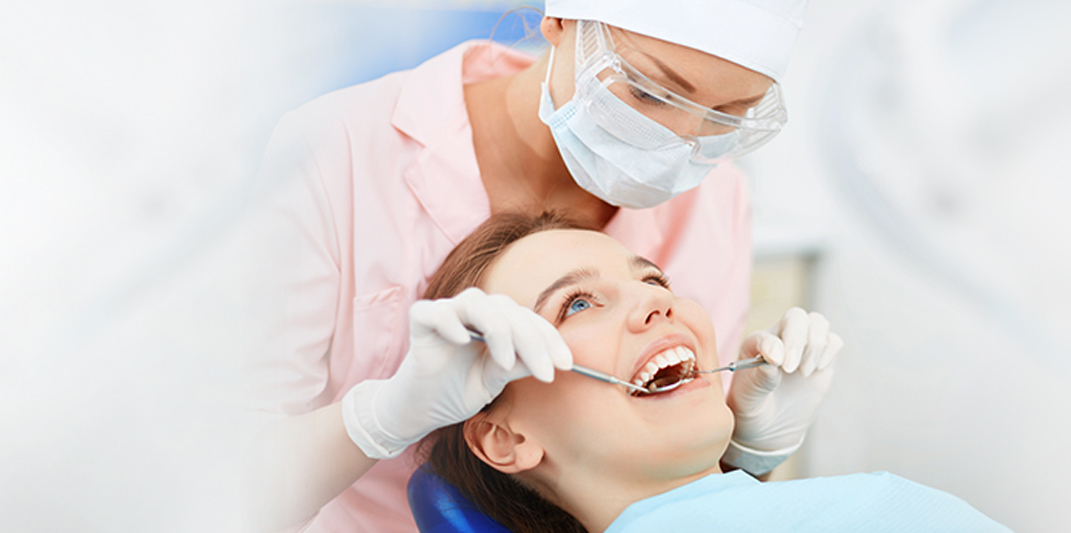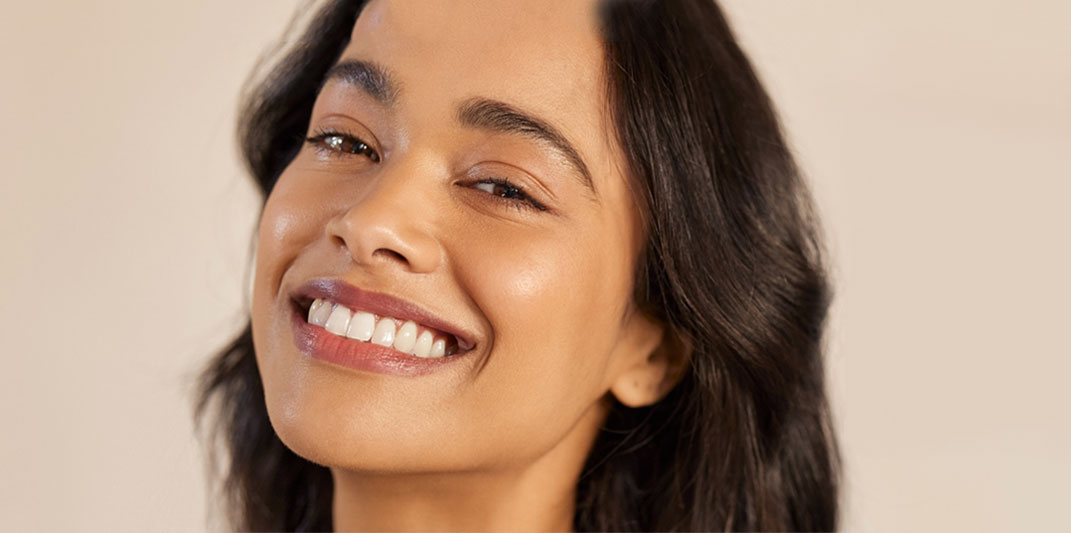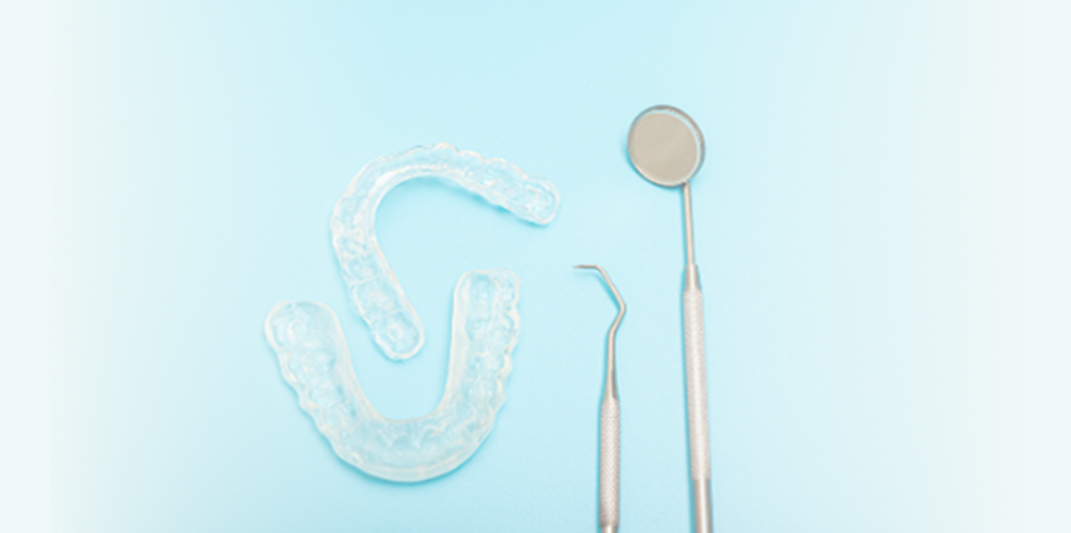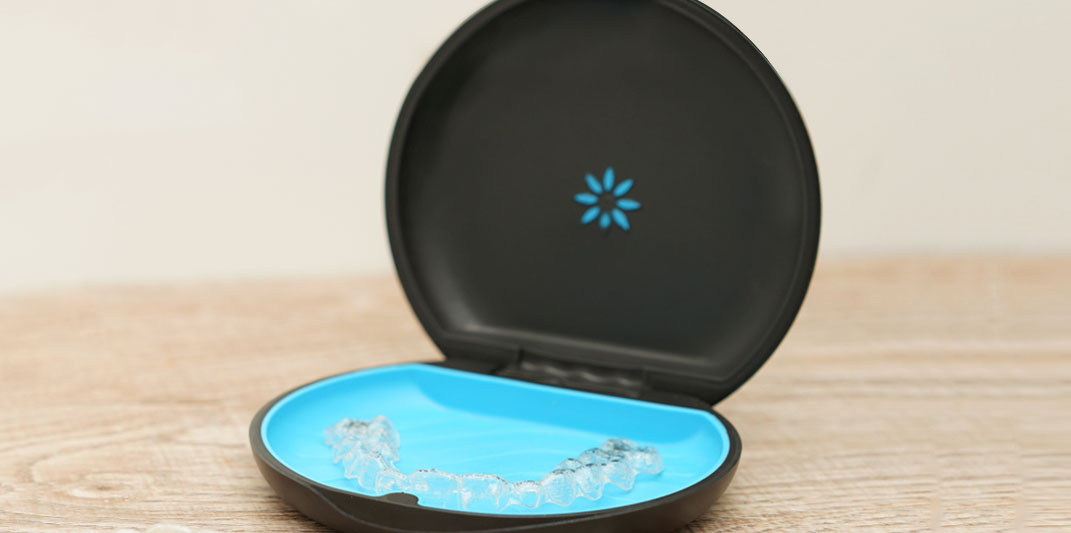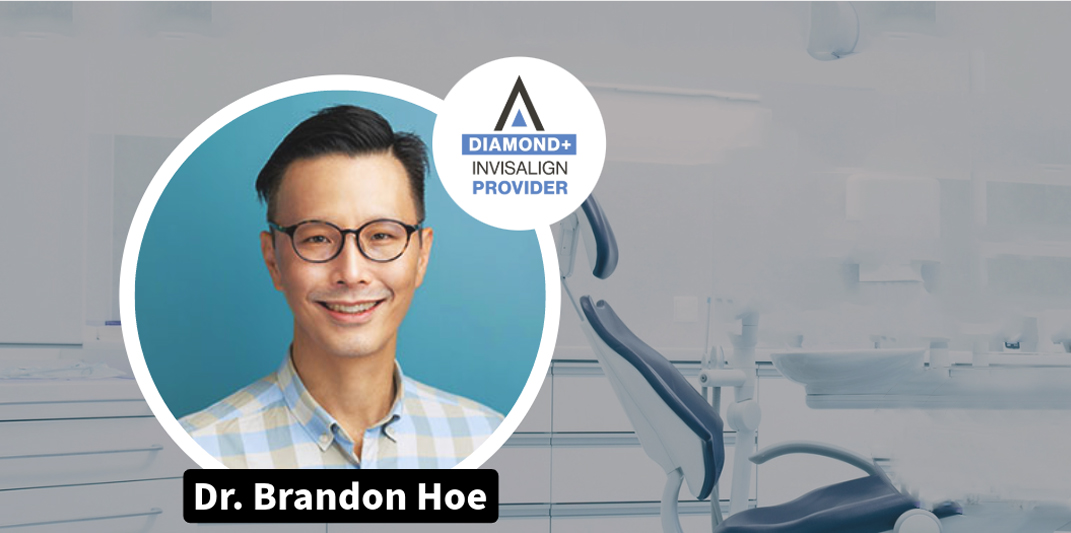Apnoea Treatments
Sleep apnoea may be treated by:
Behaviour Modification - This therapy includes losing weight if overweight; avoiding alcohol or sedative medications, stopping smoking, and changing sleeping positions.
Dental devices: These are devices that hold the jaw forward and may be used for mild snoring and in people who have not responded to behavioural changes.
Medications: Nasal steroid sprays may be used to decrease inflammation in the nasal passages. Decongestant nasal sprays and drops are prescribed to relieve the stuffy nose. These medicines shrink the swollen blood vessels in the lining of the nose and help to improve snoring resulting from nasal congestion. Medications may also be used to increase daytime wakefulness in people with sleep apnoea.
Nasal continuous positive airway pressure: Nasal continuous positive airway pressure (CPAP) is a face mask device worn during sleep that prevents narrowing of the airway during inspiration and expiration by providing persistent increased air pressure. Another similar option is a “bi-level positive airway pressure (BiPAP)” in which the face mask allows for two different alternating pressures: one with inhalation and one with exhalation.

